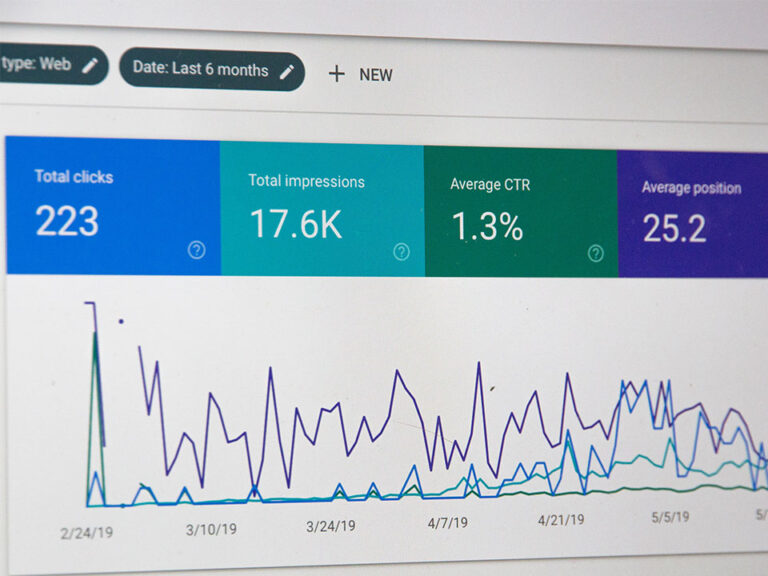Now and then you might have the inclination to use facebook. So, you go to your web browser and open facebook.com, while not actually being connected to Facebook’s real website. To get a hang of this, you need to understand what DNS is and what is its general functionality.
DNS converts websites that we can read into computer-readable numerical IP addresses. Now, behind the scenes when you type google.com, internet and other networks look for IP (Internet Protocol) addresses. For example, Google.com IP address is 173.194.39.78. So, if you type this into your web browser, you would still end up on Google.com. However, this does not mean that DNS requests happen each time you connect to Google.com. This is because of computers cache DNS responses and remembers it for a period of time. Simply, computers just need to re-connect to Google, not it’s DNS server.
Security
We all know about thousands of websites being run by scammers nowadays. But, ever wondered how you actually got redirected there in the first place? There are viruses and other malware that can root your default DNS to a DNS server being run by a malicious website. Let us consider an example here. Normally, you type facebook.com on your web browser and the DNS will respond with the actual IP address of Facebook servers. However, if your computer or network points at a malicious DNS server, such DNS server could respond with a different IP address entirely. In this way, it’s possible that you could see “facebook.com” in your web browser’s address bar, but you may not actually be at the real facebook.com – behind the stage, the malicious DNS server has pointed you to a different IP address.
Fret not, simply using an antivirus software can deter this problem. With a dependable antivirus software, it will warn you before you enter a malicious site.
Third party DNS servers
While you might be using your Internet Service Provider’s default DNS, you don’t need to. You can use DNS servers run by a third party instead of your default DNS servers. Two of the most popular third-party DNS servers are OpenDNS and Google Public DNS. Mostly, these DNS servers speed up your connection, but, the actual speed will vary depending on how far you are from the third-party DNS servers and how fast your ISP’s DNS servers are. OpenDNS also provides optional website filtering. For example, if you enable the filter, accessing an illegal mp3 downloading website from your network could result in a “Blocked” page appearing instead of the mp3 website. Behind the scenes, OpenDNS has returned the IP address of a website with a “Blocked” message instead of the IP address of the mp3 website – this takes advantage of the way DNS works to block websites.
Millions of people make changes to the DNS every day, through new domain names, changes to IP addresses and other requests. Duplicate domain names cannot exist within domains, but they exist across them. When you enter a domain name, you should always arrive at the same place. Anything otherwise should be a cause for concern for you. Without the DNS, the Internet would be useless and impractical.











